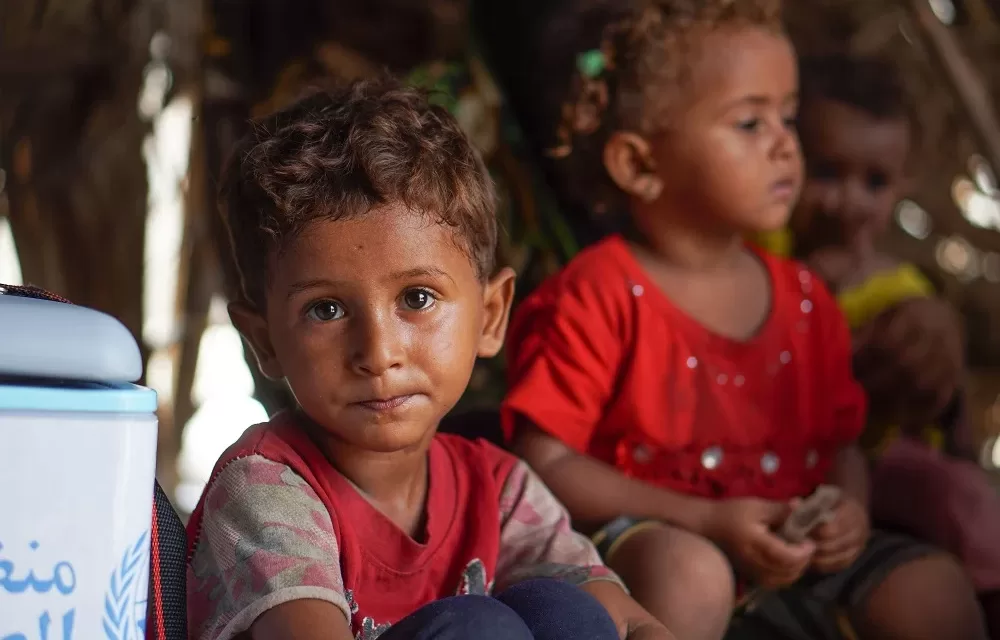India commemorated a decade of being polio-free on Wednesday, marking a momentous achievement in the nation’s healthcare landscape and contributing significantly to the global battle against polio and other infectious diseases.
The country’s last reported case of wild poliovirus was documented in West Bengal’s Howrah district in January 2011. Following three years of sustained efforts, the World Health Organization (WHO) officially declared India polio-free on March 27, 2014, cementing its status as a beacon of success in the fight against this debilitating disease.
Deepak Kapur, Chairman of Rotary International’s India PolioPlus Committee (INPPC), hailed the milestone as a testament to India’s unwavering commitment to eradicating polio. He underscored the pivotal role played by extensive vaccination campaigns and a robust surveillance system under the National Polio Surveillance Project (NPSP) in achieving this historic feat.
“The past decade marks an extraordinary milestone in our battle against polio,” Kapur remarked. “Through comprehensive vaccination efforts and vigilant surveillance, we have ensured that every child under five receives the polio vaccine, thus safeguarding future generations from the threat of this disease.”
Poliomyelitis, commonly known as polio, is a highly contagious viral illness primarily affecting children under the age of five. The virus targets the nervous system, leading to paralysis and potentially life-threatening complications.
Dr. Ashish Chauhan, an Immunization specialist at UNICEF India, lauded India’s pioneering strategies, including the implementation of National Immunization Days (NIDs) and Sub-National Immunization Days (SNIDs), which played a pivotal role in achieving nationwide polio eradication. These initiatives, spearheaded by dedicated vaccinators and supervisors, ensured widespread coverage of polio drops across the country, reaching millions of children within a span of two to three days during NID activities.
“India’s success in eradicating polio is a testament to the transformative power of collective action and community engagement,” Dr. Chauhan remarked. “By mobilizing diverse stakeholders, including community leaders, celebrities, and religious figures, we overcame myths and misconceptions surrounding the vaccine, paving the way for sustained immunization efforts.”
The lessons learned from India’s polio eradication campaign have also informed and strengthened routine immunization programs, providing critical insights for public health interventions, including the ongoing COVID-19 vaccination drive.
However, despite India’s remarkable achievement, the fight against polio is far from over, cautioned Kapur. As long as countries like Pakistan and Afghanistan remain endemic, sustained vaccination efforts are essential to ensure continued immunity among India’s children.
“As we reflect on India’s decade-long journey towards polio eradication, we must remain steadfast in our commitment to protecting future generations from this preventable disease,” Kapur affirmed. “India’s success story serves as a beacon of hope in our global pursuit to consign polio to the annals of history.”












